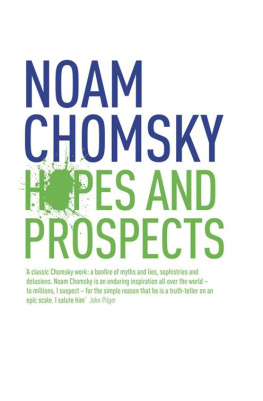About the Book
When Nelson Mandela stepped out of prison to freedom in 1990, the elation in South Africa and around the world was palpable. But true freedom for his people remains a distant dream. Why? From South Africa to India, Palestine to Afghanistan and beyond, a rapacious economic system condemns millions to poverty while men in decorous offices far away impose a ruthless political order with tariffs and embargoes, bombs and bullets, distorting the very language of freedom, causing suffering they never know, spilling blood they never smell.
Freedom Next Time is renowned journalist and film-maker John Pilgers brilliant depiction of how courageous people battling to free themselves often glimpse freedom, only to see it taken away. He challenges us in the West to look in the mirror at the actions of our governments for the true source of much of the worlds fear and insecurity and terrorism.
In Palestine, India, South Africa, Afghanistan, Britain and the United States, John Pilgers vivid eyewitness reporting, backed by meticulous research, blows away the secrets and lies of our rulers and turns a searchlight on to events consigned to the shadows by an unrecognised yet virulent censorship. With humanity, wit and passion, he salutes people who refuse to be victims and defiantly demand their freedom. They could soon be us.
Contents
FREEDOM
NEXT TIME
John Pilger
For Louis,
born as this was being written
Acknowledgements
This book could not have been completed without the help and support of the following people, to whom I give my warmest appreciation: Anthony Arnove, Terry Bell, Patrick Bond, Jill Chisholm, John Cooley, Ania Corless, Ann Cunningham, Cosmas Desmond, Roger Diski, Helen Edwards, Mona El-Farra, Sally Gaminara, Richard Gifford, Amira Hass, Jane Hill, Mike Holderness, Jacqueline Korn, Sheila Lee, Nur Masalha, Ray McGovern, Chris Martin, Gavin Morris, Ilan Pappe, Sam Pilger, Zo Pilger, Nida Rafa, Jaine Roberts, Vicki Robinson, Stephen Rudoff, Laura Sherlock, Gil Sochat, Gillian Somerscales, Margie Struthers.
Rise like lions after slumber
In unvanquishable number.
Shake your chains to earth like dew.
Which in sleep has fallen on you.
Ye are many they are few.
Percy Bysshe Shelley
The Mask of Anarchy
Introduction
This book is about empire, its faades and the enduring struggle of people for their freedom. It offers an antidote to authorised versions of contemporary history that censor by omission and impose double standards. It is, I hope, a contribution to what Vandana Shiva calls an insurrection of subjugated knowledge.
When I began as a journalist, there was something called slow news. We would refer to slow news days (usually Sunday) when nothing happened apart, that is, from triumphs and tragedies in faraway places where most of humanity lived. The triumphs, the painstaking gains of people yearning to be free, were rarely acknowledged. The tragedies were dismissed as acts of nature, regardless of evidence to the contrary. Our terms of reference were those of great power, such as our governments and our institutions. The view from the ground had value only if it reinforced that from on high. Whole societies were described and measured by their relationship with us: their usefulness to our interests and their degree of compliance with (or hostility to) our authority. Above all, they were not us.
These colonial assumptions have not changed. To sustain them, millions of people remain invisible, and expendable. On September 11, 2001, while the world lamented the deaths of innocent people in the United States, the UN Food and Agricultural Organisation reported that the daily mortality rate continued: 36,615 children had died from the effects of extreme poverty. This was normal in the age of economic growth.
The expendable people of impoverished Nicaragua fed this statistic. In the early 1980s, the historian Mark Curtis surveyed five hundred articles in the British press that dealt with Nicaragua. He found an almost universal suppression of the triumphs of the Sandinista government in favour of the falsehood of the threat of a communist takeover, which was then Anglo-American propaganda. It would take considerable intellectual acrobatics, he wrote, to designate Sandinista success in alleviating poverty remarkable by any standard as unworthy of much comment by objective indicators One might reasonably conclude that the reporting was conditioned by a different set of priorities, one that conformed to the stream of disinformation from Washington and London.
Meanwhile, the atrocious misadventure known as the IranContra affair was represented in Washington as a domestic embarrassment for the Reagan administration rather than a conspiracy to bleed to death the Nicaraguan government, whose only threat was that of a good example. That countless innocent people were killed or denied the opportunity to free themselves from poverty, disease and illiteracy was never an issue. A subsequent ruling by the International Court of Justice distinguished the Reagan administration as the only government the court has ever condemned for terrorism, calling on it to pay the Nicaraguan government $17 billion in reparations. This was ignored and the matter long forgotten, for it was the slowest news.
The following year, 1987, the UN General Assembly passed a resolution that all member states should combat terrorism wherever and by whomever it is committed. Only two states voted against it: the United States and Israel. At the time, this was unreported. When Ronald Reagan died, he was lauded as a great communicator, a leader of magnetic personal charm. His terrorism and lawlessness were unmentionable.
The current occupation of Iraq is seen from the same parallel world. When the BBCs Director of News, Helen Boaden, was asked in January 2006 to explain how one of her embedded reporters in Iraq could possibly describe the aim of the Anglo-American invasion as bring[ing] democracy and human rights to Iraq, she replied with sheaves of quotations from Tony Blair that this was indeed his aim, as if his now notorious mendacity and the truth were compatible. No other evidence was required.
On March 28, 2003, during the attack on Iraq, sixty-two people were killed by an American missile that exploded in the al-Shula district of Baghdad. That evening, Newsnight, the BBCs only regular televised current affairs programme, devoted forty-five seconds to the massacre less than one second per death. Contrast that with July 7, 2005, when the terrorist bombing of London killed almost the same number of people and received such coverage that overnight we became intimate with the lives of the victims, and could mourn their loss or salute their courage.
In other words, for the men, women and children blown to pieces in Baghdad, the solidarity we extended naturally to the London victims was denied; we were not allowed to know them. Why? Certainly, they were not us, but they were our victims that is, they had died at the hands of forces in collusion with our government, and in our name.
As I began to write this, early in 2006, three families in three different towns in Iraq were wiped out by American missiles and bombs. One family had seventeen members and the others fourteen and seven; the victims were mostly women, the elderly and children. Their violent extinction caused not a ripple in that man-made phenomenon known as the mainstream, the main source of what we call news. Browsing the internet, I happened to read all seventeen names of the dead of the first family. Their names and ages had been meticulously collected and posted by an independent American reporter, Dahr Jamail, whose outstanding eye-witness and investigative work never appears in the mainstream.
The innocent people killed in London were worthy victims. The innocent people killed in Iraq were unworthy victims. Put another way, the London massacre was worthy of our compassion; the Iraqi outrages were not.
Next page
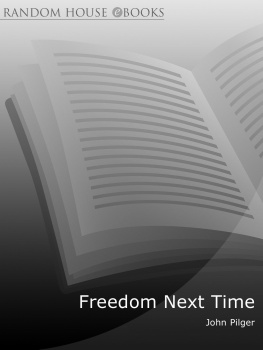
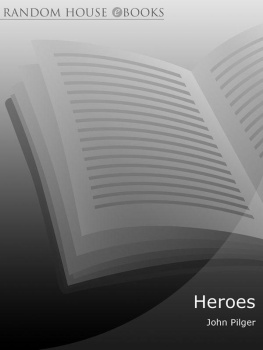

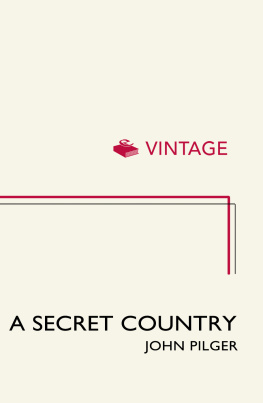
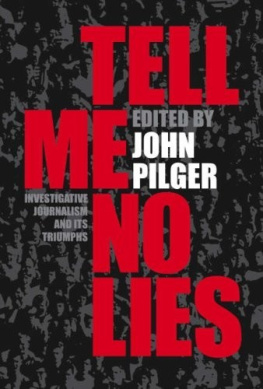
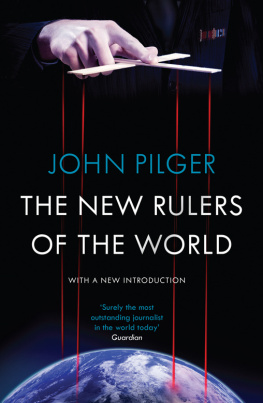
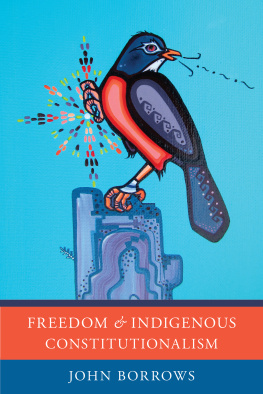
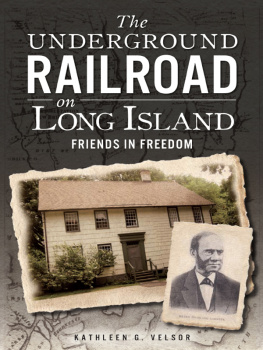
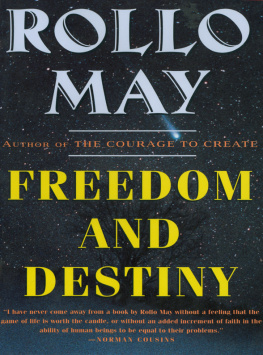
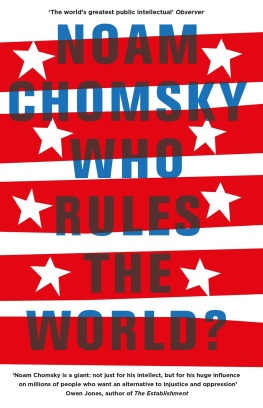
![John Pilger [John Pilger] - Hidden Agendas](/uploads/posts/book/142127/thumbs/john-pilger-john-pilger-hidden-agendas.jpg)

